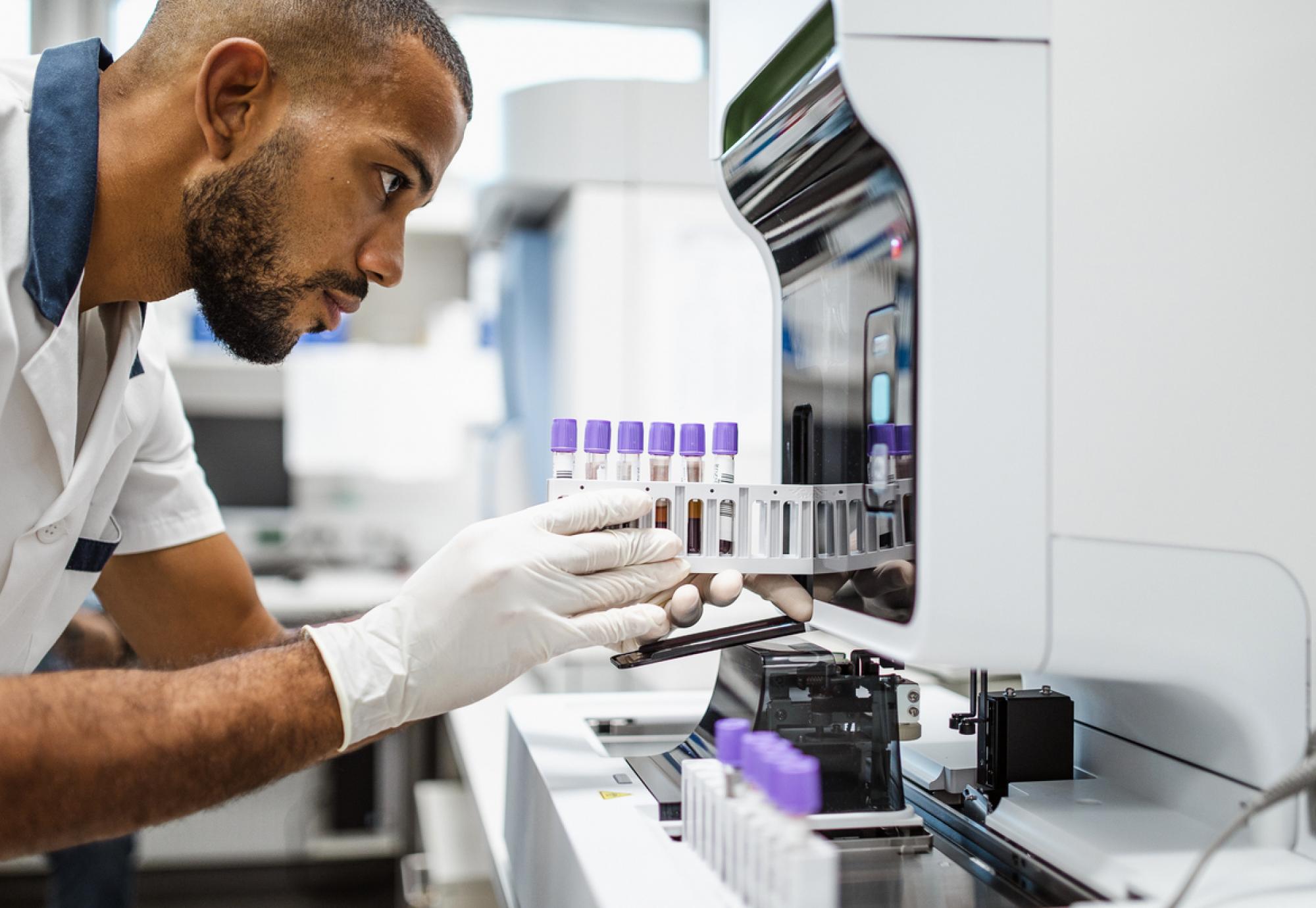Vaccines could be the key to combating antimicrobial resistance, a new report from the World Health Organisation has emphasised as global leaders look to ramp up efforts to prevent worldwide infections.
The new WHO report outlines how vaccines – some already in use and some in early development – can reduce the number of antibiotics needed by more than a fifth (22%) across the world. This would be the equivalent of 2.5 billion daily doses a year.
“Addressing antimicrobial resistance starts with preventing infections, and vaccines are among the most powerful tools for doing that,” said Dr Tedros Adhanom Ghebreyesus, WHO director-general.
“Prevention is better than cure, and increasing access to existing vaccines and developing new ones for critical diseases, like tuberculosis, is critical to saving lives and turning the tide on AMR.”
Infection prevention
The report, which builds on a previous WHO study in BMJ Global Health, estimates that an extra 543,000 AMR-associated deaths could be prevented each year when new vaccines for TB and Klebsiella pneumoniae are developed and launched globally. The vaccine for the former is in early clinical trials while the latter is in early development.
Meanwhile, 106,000 associated deaths could be stopped by vaccines against:
- Pneumococcus pneumonia
- Haemophilus influenzae type B
- Typhoid
It is estimated the costs of treating resistant pathogens in hospitals around the world is approximately £558bn or $730bn. This could be cut by a third if vaccines were rolled out against all the pathogens evaluated.
AMR
WHO also analysed the impact on AMR for already licenced vaccines. Every year, vaccines for streptococcus pneumoniae could save 33 million antibiotic doses – this is if the vast majority (90%) of the world’s children were vaccinated.
Typhoid, meanwhile, could save 45 million antibiotic doses and malaria caused by plasmodium falciparum could save up to 25 million antibiotic doses. TB, however, could have the highest impact once the vaccines are fully developed, with estimations projecting a saving between 1.2 billion and 1.9 billion antibiotic doses.
Leaders at the United Nations recently committed to reducing the total AMR associated deaths around the world by a tenth (10%) by 2030.
Image credit: iStock



















